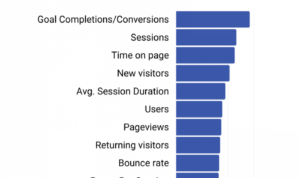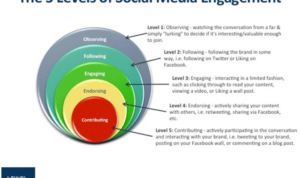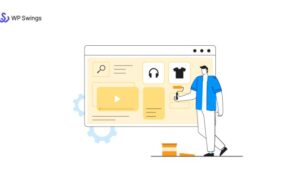Optimizing Meta Tags for SEO – Kicking off with Optimizing Meta Tags for , this topic dives deep into the world of search engine optimization, revealing the secrets to boosting your website’s visibility and ranking. Get ready to master the art of meta tags and take your online presence to the next level!
Importance of Meta Tags for
Meta tags play a crucial role in search engine optimization () by providing information about the content of a webpage to search engines. These tags are located in the HTML code of a webpage and are not visible to visitors, but they help search engines understand the relevance of the page’s content to specific search queries.
Well-optimized meta tags can have a significant impact on a website’s ranking in search engine results pages (SERPs). When search engines like Google crawl a website, they look at the meta tags to determine what the page is about and how relevant it is to a user’s search query. By optimizing meta tags with relevant s and descriptions, websites can improve their chances of ranking higher in search results.
Additionally, meta tags can influence click-through rates on search engine results pages. A well-written meta title and description that accurately represent the content of a webpage can attract more clicks from users who are searching for information related to that topic. This means that optimizing meta tags not only helps improve a website’s visibility in search results but also encourages users to click through to the website.
Types of Meta Tags
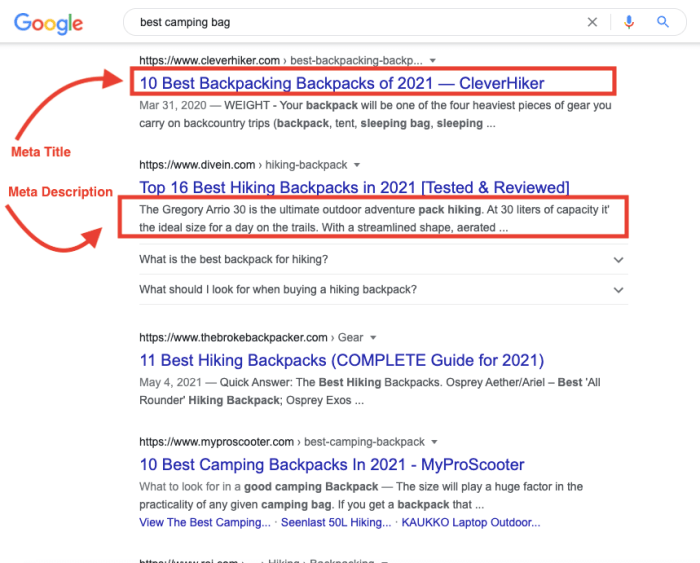
Meta tags play a crucial role in optimization by providing information to search engines about the content of a webpage. There are several common types of meta tags used for this purpose.
Title Tags
Title tags are one of the most important meta tags for . They appear as the clickable headline in search engine results and also show up in the browser tab. The main purpose of title tags is to provide a concise and accurate description of the content on a webpage. It influences the click-through rate and helps search engines understand the context of the page.
Meta Descriptions
Meta descriptions are another essential meta tag for . While they do not directly impact search engine rankings, they play a crucial role in improving click-through rates. Meta descriptions provide a brief summary of the webpage content, enticing users to click on the link. They help search engines understand the relevance of the page to a user’s search query, thus improving search visibility.
Best Practices for Optimizing Meta Tags
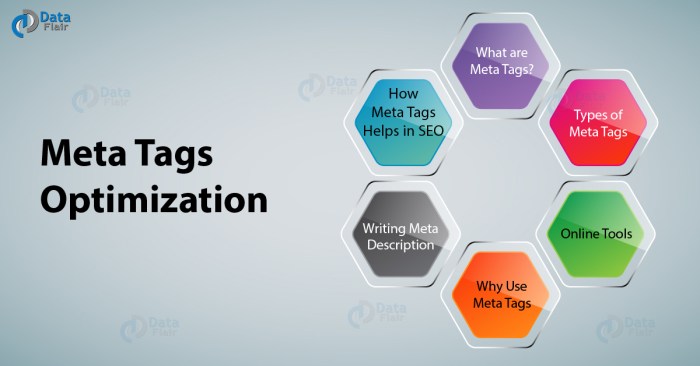
When it comes to optimizing meta tags for , there are several best practices you should follow to ensure your website ranks well in search engine results. From crafting compelling title tags to writing effective meta descriptions, here are some guidelines to help you enhance your performance.
Writing Compelling Title Tags
One of the most important aspects of optimizing meta tags is writing compelling title tags. Your title tag should accurately describe the content on your webpage while also enticing users to click through to your site.
- Avoid generic titles and be specific about the content on your page.
- Include relevant s near the beginning of your title tag.
- Keep your title tag under 60 characters to ensure it displays properly in search results.
Crafting Effective Meta Descriptions
Meta descriptions are another crucial element of meta tags that can impact your click-through rate (CTR). A well-crafted meta description can entice users to click on your link in search results.
- Write unique meta descriptions for each page on your website.
- Include a call to action to encourage users to click through.
- Keep your meta description under 160 characters to ensure it displays fully in search results.
Optimal Length and Format for Meta Tags, Optimizing Meta Tags for SEO
When it comes to the length and format of meta tags, there are some best practices to follow to enhance your performance.
- Keep your meta title tag under 60 characters and your meta description under 160 characters for optimal display in search results.
- Avoid stuffing and ensure your meta tags accurately reflect the content on your page.
- Use relevant s strategically in your meta tags to improve your website’s visibility in search results.
Tools for Analyzing and Optimizing Meta Tags: Optimizing Meta Tags For SEO
When it comes to optimizing meta tags for , having the right tools can make a huge difference in improving your website’s performance. Let’s take a look at some popular tools that can help analyze and optimize meta tags for better outcomes.
Popular Tools for Analyzing Meta Tags
- Moz Pro: This tool provides in-depth analysis of meta tags and offers recommendations for optimization.
- SEMrush: SEMrush can help you analyze your meta tags, usage, and overall performance.
- Ahrefs: Ahrefs is another powerful tool that can help you analyze and optimize your meta tags for improved search engine visibility.
There are several popular tools available that can help you analyze your meta tags and identify areas for improvement. Some of the top tools include:
Comparison of Different Tools for Optimizing Meta Tags
- Moz Pro: Known for its comprehensive analysis and recommendations for meta tag optimization.
- SEMrush: Offers detailed insights into meta tag performance and optimization strategies.
- Ahrefs: Focuses on backlink analysis and competitive research, in addition to meta tag optimization.
Each of these tools offers unique features and capabilities for optimizing meta tags. Here’s a comparison of these tools:
How These Tools Can Help Improve Meta Tag Performance
- Identifying meta tag issues: These tools can help you identify missing, duplicate, or poorly optimized meta tags.
- optimization: Tools like SEMrush can suggest relevant s to include in your meta tags for better search engine visibility.
- Competitive analysis: Ahrefs can help you analyze your competitors’ meta tags and optimize yours accordingly for a competitive edge.
By using these tools effectively, you can enhance the performance of your meta tags and improve your website’s outcomes. Here’s how:
